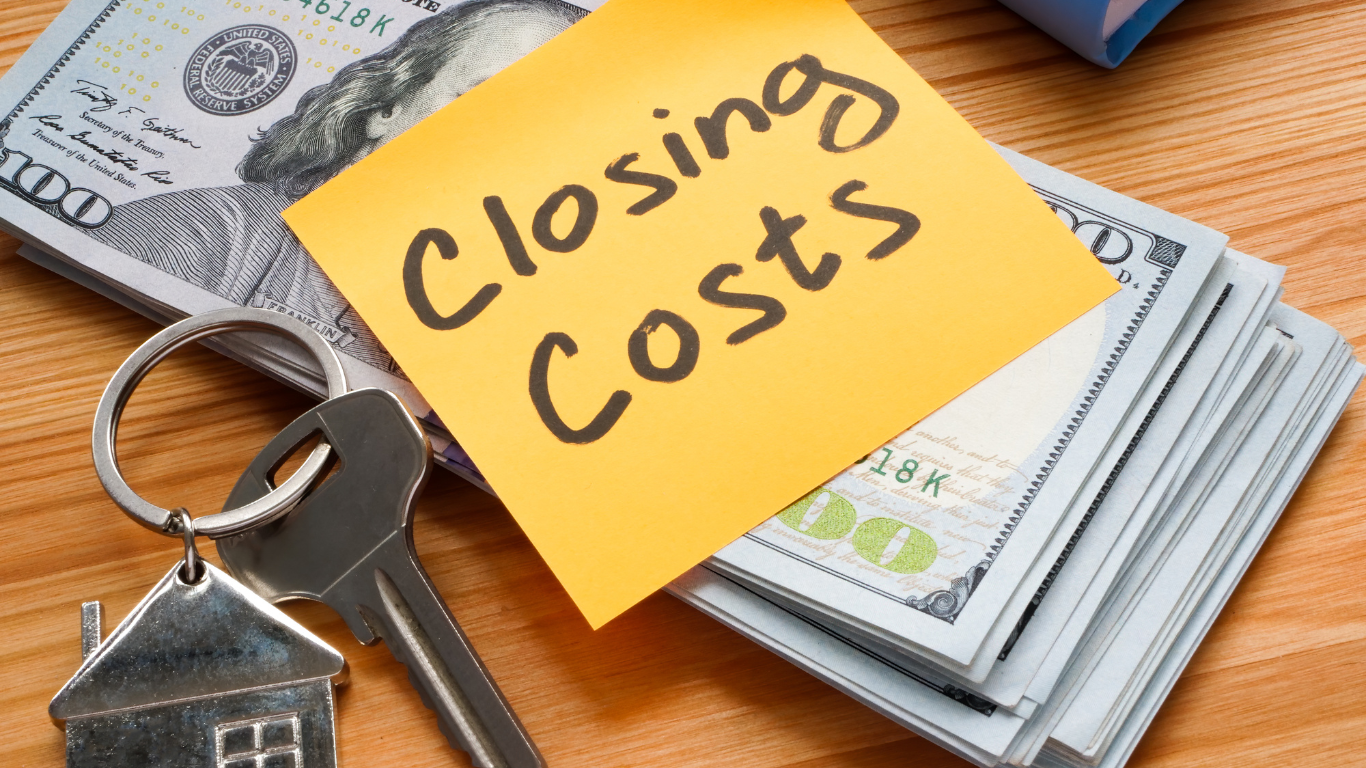So Long, New Jersey! A Guide to Home Seller Closing Costs
Ah, New Jersey. The land of diners, tolls booths, out of control taxes & fees, and a certain kind of gritty charm. But for many, the allure of greener pastures (or at least a state with less potholes) beckons. So, you've finally decided to ditch the jughandles and Turnpike traffic jams for a new adventure. Congratulations! However, before you start picturing yourself sipping margaritas on a beach somewhere, there's a crucial financial hurdle to navigate: seller closing costs.
Understanding Seller Closing Costs in New Jersey
Seller closing costs represent your portion of the expenses associated with finalizing the sale of your New Jersey home. They can range from a celebratory "I'm outta here!" 3.29% to a tear-jerking "why me?" 10% of the sale price. This guide will equip you with the knowledge you need to navigate these costs effectively. Let's delve into the common expenses and factors that influence them:
Real Estate Agent Commission: This is likely the biggest expense, typically a 5% to 6% commission on the sale price. Negotiating with your realtor is crucial, as this fee can significantly impact your bottom line.
Real Estate Transfer Tax: New Jersey imposes a real estate transfer tax, calculated as a percentage of the sale price. The rate varies depending on the property value. Commonly referred to as New Jersey’s ‘Exit Tax’.
Title Insurance: This protects you from any ownership claims on the property. Expect to pay around $1,500 to $3,000.
Attorney Fees: In New Jersey, the process of handling closings can vary by region.
North Jersey: Typically, a real estate attorney handles both the closing and title work. Fees can vary depending on the complexity of the sale, but typically range from $1,000 to $2,000.
South Jersey: Title companies typically handle the closings, and a real estate attorney is recommended to protect your interests. Attorney fees in this case may be slightly lower, ranging from $500 to $3,000.
Prorated Property Taxes: As a seller, you're responsible for property taxes up to the closing date. The buyer will cover the remaining portion of the year's taxes.
Payoff of Existing Mortgage: If you have an outstanding mortgage on your property, the payoff amount will be included in the closing costs.
Other Potential Costs: Depending on your specific situation, you might encounter additional costs like homeowner association (HOA) fees, unpaid utilities, or concessions offered to the buyer.
Factors Affecting Your Closing Costs
Several factors can influence your final closing bill:
Negotiation Power: A strong negotiation with your realtor, attorney, and closing service providers can significantly reduce your closing costs.
Location: Luxury properties in high-demand areas often attract higher realtor commission rates.
Complexity of the Sale: Short sales, foreclosures, or properties with title issues may involve additional legal fees.
Seller Concessions: If you agree to cover closing costs for the buyer or offer other incentives, it will directly impact your closing expenses.
Strategies to Minimize Seller Closing Costs
Here are some strategies to keep your closing costs in check:
Negotiate the Realtor Commission: Shop around and compare commission rates offered by different realtors. You could consider selling as a ‘For Sale By Owner’, but that might cost you more money and time if you don’t know the market, the home selling process, not well versed in real estate negotiating.
Compare Attorney Fees: Get quotes from several real estate attorneys to ensure you're getting a competitive rate. Ask about their experience with similar properties and the specific services included in their fee. It’s usually a flat fee for a normal transaction.
Review Loan Options: If you have an existing mortgage, explore refinancing options with potentially lower closing costs.
Minimize Seller Concessions: While concessions can make your offer more attractive, aim for a balance that doesn't drastically increase your closing costs.
Getting a Clear Picture: Closing Cost Calculators and Pre-Closing Estimates
To gain a more accurate idea of your closing costs, consider using online closing cost calculators. These tools factor in your estimated sale price and location to provide a personalized estimate. It's also crucial to obtain a pre-closing estimate (HUD-1) from your closing agent. This document details all closing costs associated with the sale, allowing you to review and potentially negotiate any discrepancies.
Informed Decisions Lead to Smoother Transactions
By understanding the breakdown of seller closing costs in New Jersey, you're empowered to make informed decisions throughout the selling process. Negotiating realtor commissions, comparing attorney fees, and minimizing seller concessions can significantly impact your bottom line. Remember to leverage online closing cost calculators and obtain a pre-closing estimate for a clear picture of your closing expenses. With careful planning and proactive measures, you can navigate the closing process with confidence and ensure a successful home sale in New Jersey, paving the way for your exciting new adventure.
